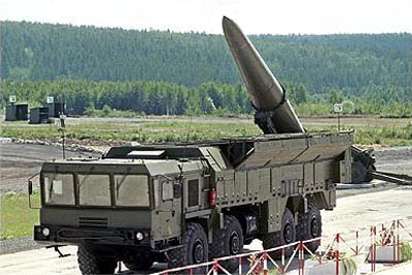Re: The Rise of the Russian Empire: Russo-Armenian Relations



Originally posted by karoaper
View Post



















Comment